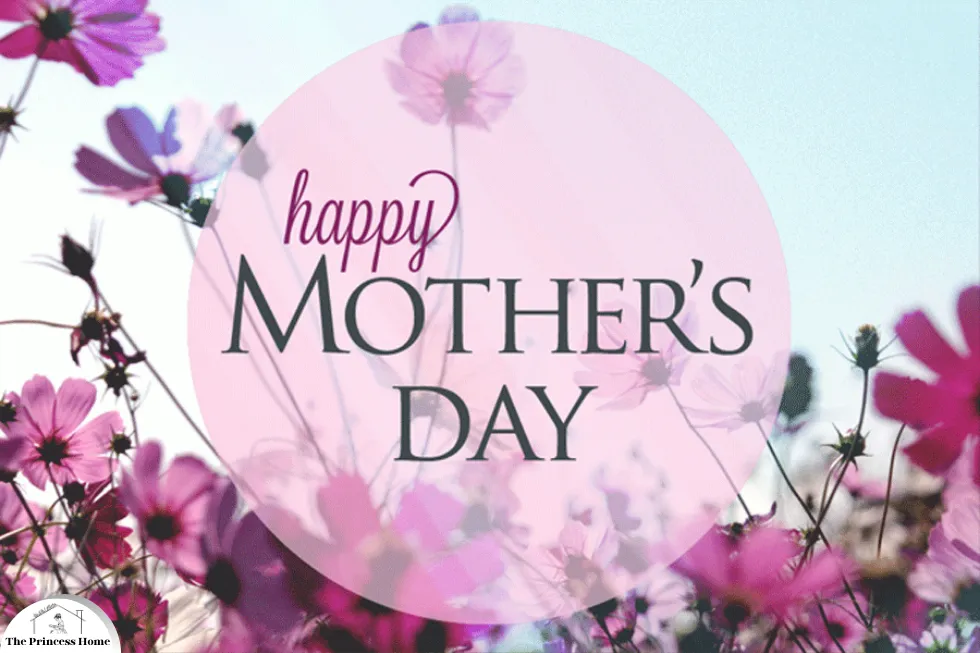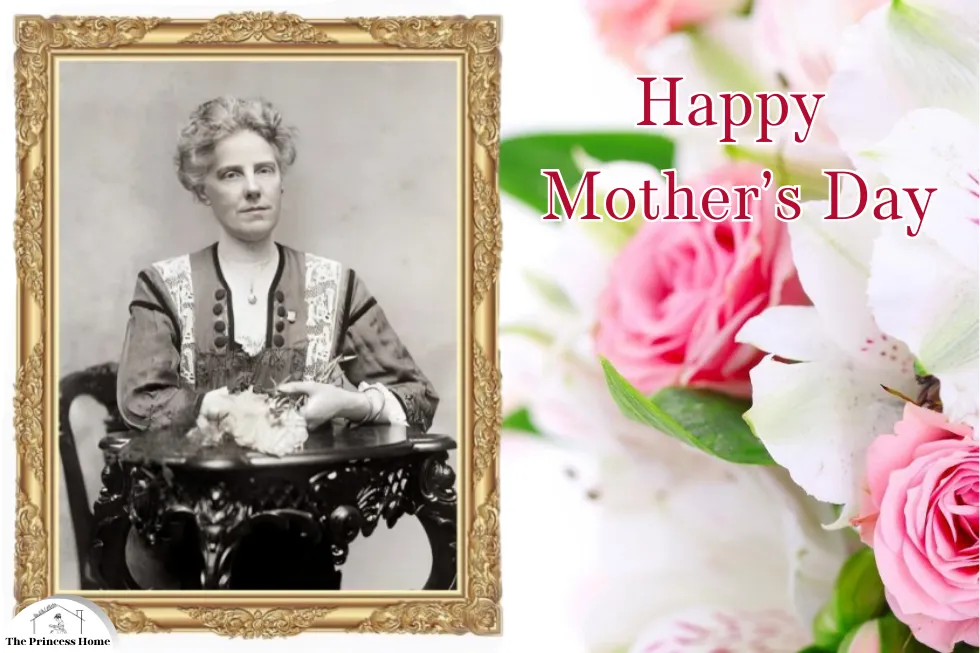
People worldwide celebrate Mother’s Day with heartfelt gestures of appreciation, love, and gratitude, dedicating the day to honoring mothers and motherhood. This annual occasion provides an opportunity to reflect on the immense contributions mothers make to society, families, and individual lives. In this article, we will delve into the rich history, cultural significance, and evolving traditions surrounding day mother exploring how it has evolved from its humble beginnings to the globally recognized celebration it is today.

1.The Historical Roots:
Ancient civilizations such as the Greeks and Romans traced the origins of day mother back to festivals they held to honor maternal goddesses like Rhea and Cybele. However, the modern incarnation of Mother’s Day emerged in the early 20th century thanks to the efforts of Anna Jarvis, an American activist.
Anna Jarvis, inspired by her own mother’s dedication to social activism and community service, advocated for a designated day to honor mothers. After her mother’s death in 1905, Jarvis embarked on a campaign to establish a national day mother in the United States. Her relentless lobbying bore fruit when, in 1914, President Woodrow Wilson officially declared the second Sunday in May as day mother.

2.Significance and Symbolism:
Mother’s Day holds profound significance as a time to express gratitude and appreciation for the nurturing, unconditional love that mothers provide. It serves as a reminder of the invaluable role mothers play in shaping individuals and society as a whole. Symbolically, day mother represents the embodiment of maternal virtues such as love, sacrifice, and selflessness.
The observation of Mother’s Day varies across cultures and regions, but the underlying sentiment remains universal: to honor and cherish the mothers, grandmothers, and maternal figures who have touched our lives.

3.Traditions and Customs:
The traditions associated with Mother’s Day have evolved over time, reflecting changes in societal norms, cultural influences, and technological advancements. Traditional customs include giving gifts such as flowers, cards, and chocolates, as well as treating mothers to special meals or outings.
In recent years, there has been a shift towards more personalized and experiential gifts, such as handmade crafts, spa treatments, or heartfelt gestures that reflect the unique bond between mother and child. Additionally, social media platforms have become instrumental in allowing people to publicly express their love and appreciation for their mothers through heartfelt posts and tributes.

4.Global Celebration:
While Mother’s Day has its roots in the United States, it has since spread across the globe, with countries from every continent embracing the tradition in their own unique ways. Many cultures celebrate Mother’s Day with festivals, parades, and cultural performances that honor mothers and maternal figures.
In some countries, people intertwine day mother with religious observances, while in others, they celebrate it as a secular occasion dedicated to motherhood and family bonds. Regardless of cultural differences, the underlying sentiment of gratitude and love remains constant.

5.Challenges and Controversies:
Despite its widespread popularity, Mother’s Day is not without its controversies. Commercialization and consumerism have led to criticism that the holiday has become overly commercialized, with the focus shifting away from genuine expressions of love and gratitude towards materialistic displays of affection.
Moreover, Mother’s Day can be a difficult time for those who have lost their mothers or are estranged from them, as well as for individuals who struggle with infertility or have strained relationships with their children. Inclusivity and sensitivity are essential when acknowledging the diverse range of maternal experiences and emotions.

6.Looking Ahead:
As we celebrate Mother’s Day each year, it is essential to reflect on the evolving roles and identities of mothers in contemporary society. From single mothers and working mothers to adoptive mothers and LGBTQ+ parents, the definition of motherhood continues to expand and evolve, reflecting the diversity of human experiences.
In conclusion, Mother’s Day serves as a poignant reminder of the profound impact mothers have on our lives and the importance of expressing gratitude for their love and sacrifices. While the traditions and customs associated with day mother may change over time, the underlying sentiment of appreciation and love remains timeless.
So, as we honor mothers around the world this day mother let us not only celebrate the women who gave us life but also recognize the countless ways in which they enrich and shape our lives each day.
Here are some frequently asked questions related to the article “Mother’s Day:
1.What is the origin of Mother’s Day?
Mother’s Day has ancient roots, with early celebrations honoring mother goddesses in Greek and Roman mythology. The modern day mother holiday, however, originated in the United States in the early 20th century.
2.When is Mother’s Day celebrated?
Many countries, including the United States, celebrate Mother’s Day on the second Sunday of May each year. However, the date may vary in other countries.
3.What is the significance of Mother’s Day?
Mother’s Day is a day to honor and show appreciation for mothers, mother figures, and maternal bonds. It’s a time to celebrate the love, sacrifices, and nurturing provided by mothers and caregivers.
4.How is Mother’s Day observed in modern times?
Modern observance of Mother’s Day often involves giving gifts, cards, and flowers to mothers, as well as spending quality time with family. Many people also honor mothers through acts of kindness, service, and gratitude.
5.Are there any traditions associated with Mother’s Day?
Traditions vary by culture and family, but common Mother’s Day traditions include breakfast in bed, family gatherings, and special outings. Some families may also participate in religious or community events to honor mothers.
6.Can Mother’s Day be celebrated in different ways?
Yes, there are countless ways to celebrate Mother’s Day, depending on individual preferences and circumstances. Some people may choose to celebrate with a simple gesture or heartfelt conversation, while others may plan elaborate surprises or events.
7.Is Mother’s Day only for biological mothers?
No, people celebrate Mother’s Day to honor all mother figures, including stepmothers, grandmothers, aunts, foster mothers, and other maternal figures who play a significant role in someone’s life.
8.How can I show appreciation for mothers on Mother’s Day?
Showing appreciation for mothers on day mother can be as simple as expressing love and gratitude through words, gestures, or thoughtful gifts. Spending quality time together and acknowledging the impact of a mother’s love and support are also meaningful ways to honor mothers.
These are just a few common questions related to day mother and its significance. Feel free to ask if you have any other questions!







